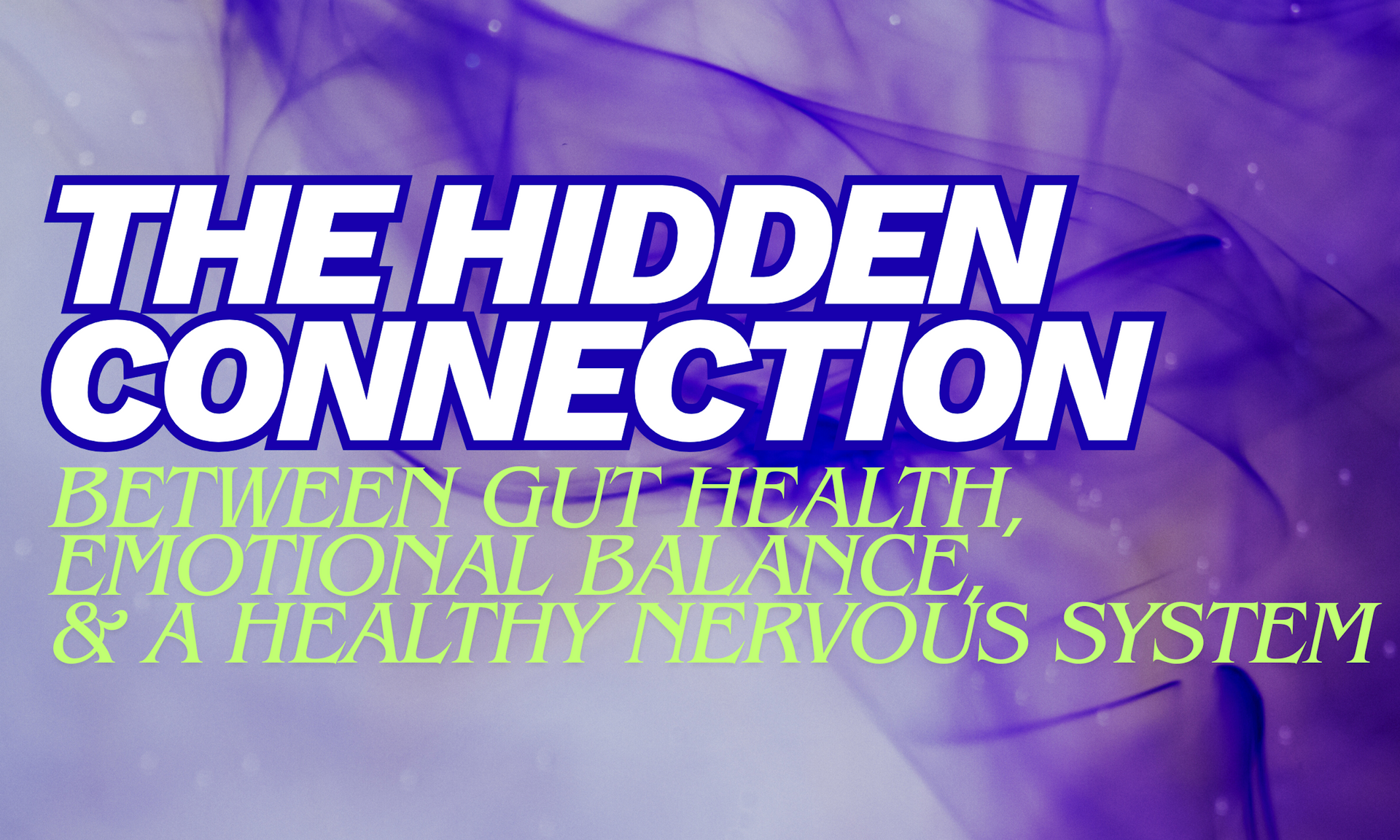Acupuncture for Fertility
Increase your chance of conception without side effects. Learn how acupuncture for fertility may be the solution and tool for you and your growing family.

Making the decision to grow your family is exciting and should be filled with love and joy. However, for some people it's not that easy and outside help is needed. The overwhelming anguish and sense of loss experienced by women struggling with infertility issues is an unwelcome motivator, driving them to seek other treatment options to overcoming infertility. From home remedies, fertility drugs, and even surgery, to in vitro fertilization (IVF) and donor eggs and embryos, modern healthcare has vastly expanded the array of options available for couples struggling to conceive.
But not all can afford the financial costs of infertility which can range from hundreds of dollars spent on drugs to tens of thousands spent on advanced procedures such as Intrauterine insemination (IUI) and IVF. In the search for affordable and effective health care, alternative and holistic treatments are gaining wider appeal among the general public.
Traditional Chinese medicine, for example, has been practiced for thousands of years and includes techniques and practices such as tai chi, moxibustion, tui na, Chinese cupping, and acupuncture. Acupuncture in particular has rapidly grown in acceptance by the general public and practice among therapists today. Not only is acupuncture valued for stress-relieving and relaxing benefits, but also as a component of fertility treatments.
A recent study from Tel Aviv University reports, “When combining IUI with TCM treatments, 65.5 percent of the test group were able to conceive, compared with 39.4 percent of the control group, who received no herbal or acupuncture therapy.” For the 4.5 million couples experiencing infertility each year, acupuncture may be just what the doctor ordered.
HOW DOES ACUPUNCTURE HELP FERTILITY?
Acupuncture can increase fertility by reducing stress, increasing blood flow to the reproductive organs and balancing the endocrine system, according to several studies and medical research. A recent study found that acupuncture, when used in conjunction with Western fertility treatments, increases conception rates by 26%.
THE EVOLUTION AND HISTORY OF ACUPUNCTURE
With a recorded history of about 3,000 years, the foundations of acupuncture are believed to date back to the Stone Age when sharp edged tools were used to puncture the skin and drain blood and abscesses.
The Chinese document titled Lingshu (translated as “Miraculous Pivot”) listed nine classical acupuncture needles: Filiform, Shear, Round-Pointed, Spoon, Lance, Round-Sharp, Stiletto, Long, and Big. These classical needles were originally made from bronze, gold, or silver, but modern acupuncture uses only stainless steel filiform needles.
In the U.S., physicians have been practicing acupuncture since the early 1800s. When the New York Times published the documentation of James Reston’s visit to China in 1971, acupuncture piqued public interest. In 1997, the National Institutes of Health Consensus Statement advocated for acupuncture’s potential to manage postoperative pain, vomiting, and nausea. Ten years later, according to a report published by the National Center for Biotechnology Information (NCBI), a “. . . survey conducted by the Centers for Disease Control and Prevention’s National Center for Health Statistics, almost 40% of adults used complementary and alternative therapies, such as acupuncture, in the prior year.”
The rise in popularity of acupuncture has compelled researchers to take a closer, scientific look at the full potential of acupuncture. From aiding in weight loss efforts, to reducing stress and relieving pain, the benefits of acupuncture have raised interest in its potential to increase the chances of conception.
THE SCIENCE BEHIND INFERTILITY
Because of the delicate balance between the hypothalamus, pituitary, and reproductive glands, stress is capable of preventing a woman from ovulating entirely. This can contribute to the cause of female infertility. Stress can also create spasms in both the fallopian tubes and the uterus, which can interfere with movement and implantation of a fertilized egg. In men, stress can alter sperm counts, motility, and cause impotence. Acupuncture infertility treatment counters the effects of stress and cortisol by releasing endorphins in the brain. An herbal impotence cure is also an option for men and can reduce stress.
Hormonal balance does not have to be disrupted by cortisol to cause infertility. The most common cause of female infertility is an ovulation disorder, in which the release of a mature egg from the ovary is prevented, usually because of a hormonal imbalance. Without enough progesterone, for example, the fetus is unable to attach to the uterus. High levels of prolactin, the hormone that stimulates the production of breast milk, can also prevent ovulation.
An imbalance in reproductive hormones can also negatively affect male reproductive function, such as sperm motility and production. However, the fertility drugs that stimulate ovulation in women by regulating the hypothalamus and pituitary, the glands that control reproductive hormones, don’t perform nearly as well for men (success rates are about a third of those for women), nor have they been approved for men by the FDA. Male infertility treatment must take another track. An herbal impotence cure — if impotence is a factor in a couple’s infertility — causes no side effects and has a reported success rate when taken in conjunction with male infertility treatment.
While the fertility drugs commonly prescribed for women can produce a 20 to 60 percent pregnancy rate, they also commonly include such side effects as abdominal tenderness, bloating, fluid retention, weight gain, and nausea. Some studies show that they may also cause breast cancer.

THE POTENTIAL OF ACUPUNCTURE TO INCREASE CHANCE OF CONCEPTION
The goal of an infertility treatment from a Chinese medicine perspective is not just to get pregnant, but to stay pregnant and to have a healthy baby. Among many other benefits, acupuncture can provide better blood flow to the ovaries and uterus, creating a stronger chance for an egg to be nourished and carried to term.
Modern acupuncture consists of the gentle insertion and stimulation of thin, disposable sterile needles at strategic points near the surface of the body. Over 2,000 acupuncture points on the human body connect with 14 major pathways, called meridians. Chinese medicine practitioners believe that these meridians conduct qi, or energy, between the surface of the body and internal organs. It is qi that regulates spiritual, emotional, mental and physical balance. When the flow of qi is disrupted through poor health habits or other circumstances, pain and/or disease can result. Acupuncture helps to keep the normal flow of this energy unblocked, thereby increasing a couple’s chances of conceiving.
Acupuncture infertility treatment can improve almost every cause of this obstacle. While 40 percent of infertility is caused by problems in the female, another 40 percent is caused by problems in the male, such as low sperm count or motility. The cause of female infertility stems from problems such as anovulation and endometriosis. The remaining 20 percent is caused by unknown factors.
One of the ways acupuncture infertility treatment increases fertility is by reducing stress, which is often a key factor in the fertility of both men and women. When people are under stress, the hormone cortisol is released in the brain. This alters the brain’s neurochemical balance, thus changing hormone levels and disrupting the pituitary balance that is key to the reproductive cycle.
If the thyroid is over- or under-functioning, acupuncture can help address the effects on fertility. Acupuncture can also, ..."be used to treat any type of fertility disorder including spasmed tubes. Spasmed tubes are often de-spasmed with acupuncture, though blocked tubes will not respond to acupuncture,” according to the American Pregnancy Association.
However, acupuncture cannot address issues with tubal adhesions. Acupuncture is also contraindicated for the abdomino-pelvic area, which includes the following points: Gallbladder 21, Large Intestine 4, Bladder 60, Stomach 12, Spleen 6, and Bladder 67, as well as any other points on the lower abdomen.
Chinese medicine can help support a woman through this important time in her life—whether that is emotionally or physically, acupuncture can help with much more than just conception. It can help with morning sickness, nausea, aches and pains (low back pain, for example), anxiety preparation for birth, and insomnia, among many others.

ACUPUNCTURE’S SIDE EFFECTS
Acupuncture for infertility treatment, by contrast, produces few or no side effects while performing the same function as the drugs do: stimulating the hypothalamus to effectively balance the endocrine system and its hormones and to get to the root cause of female infertility as well as male infertility.
The natural, time-tested alternative treatment used by eastern cultures just might be worth a try.
Contact Dr. Diana today and schedule an appointment by TEXTING or calling our Arizona Wellness Clinic at 1 (602) 524-0222.
SOURCES
Tel Aviv University study
http://www.aftau.org/site/News2?page=NewsArticle&;id=15808
http://www.healthy.net/Health/Article/The_History_of_Acupuncture_in_China/1819
http://www.itmonline.org/arts/bleeding.htm
https://www.ncbi.nlm.nih.gov/pmc/articles/PMC5512332/
http://americanpregnancy.org/infertility/acupuncture/
Click here to learn more about Pacific College of Oriental Medicine’s Chicago acupuncture school, New York acupuncture school , and San Diego Acupuncture School Programs.





